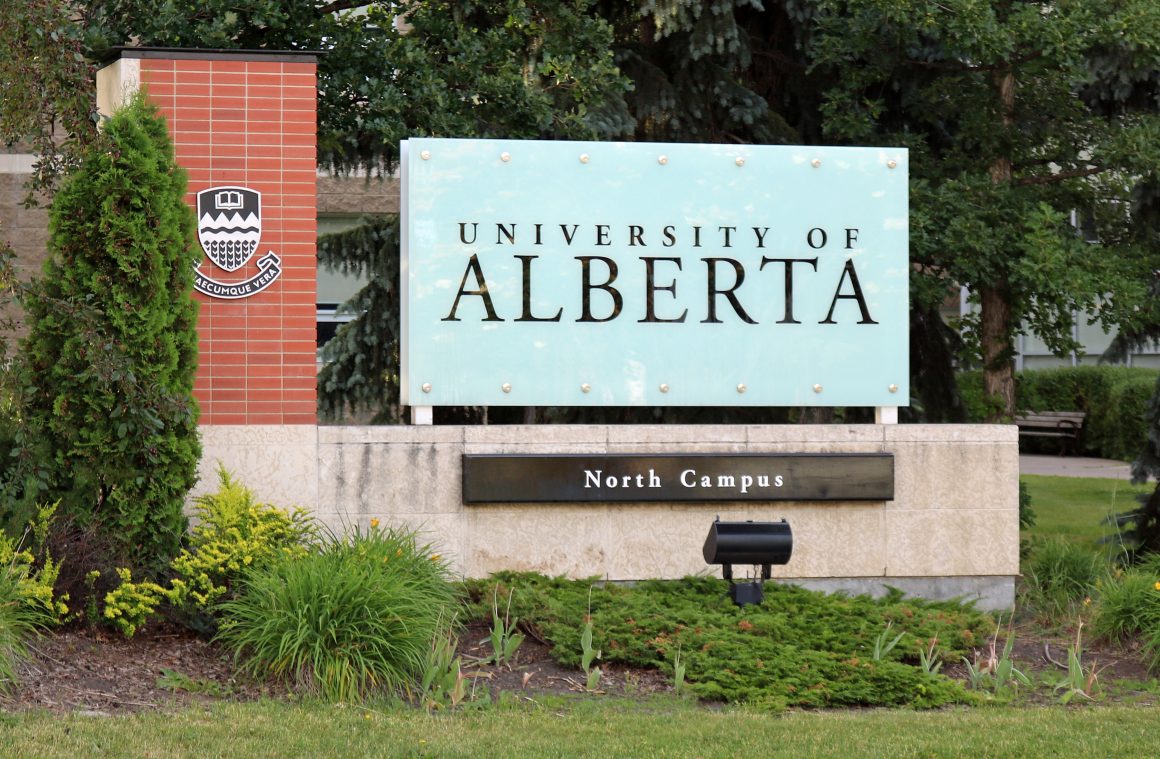
U of A relationship with TransAlta demonstrates risk of corporate influence in academia
A recent article by The Narwhal, a newly founded online publication focusing on Canada’s natural environment, broke a story about the University of Alberta that should have sparked national outrage. The article detailed how research by a U of A professor on the effects of coal-fired power plants on air quality was reviewed before publication by TransAlta, a major Alberta energy company currently operating or co-owning five such facilities in the province, among other things.
The Narwhal’s reporting, achieved through documents obtained by the Freedom of Information Act, reveals that U of A researcher Warren Kindzierski corresponded with TransAlta to gain input from its company executives. At one point, he told those officials they would “not be disappointed” with the research findings. This first came to light after a previous investigation by Desmog Canada found that TransAlta had paid the U of A $54,000 for the research.
The situation reveals a staggering lack of academic integrity on the part of the U of A, who in a statement to The Narwhal expressed their belief that Kindzierski was obliged to present his findings to TransAlta prior to publication, as Kindzierski was hired by TransAlta as an independent researcher through the U of A.
But we cannot normalize a situation in which a multi-billion-dollar energy company pays an academic institution for research and then has a direct say into that same research. Non-biased, scientific research necessarily and categorically can not involve the direct, solicited consultation of a party that both funded and is directly impacted by the research. And every additional detail makes the story more and more egregious, including that TransAlta allegedly used Kindzierski’s research for political lobbying.
For an additional dose of irony, Kindzierski wrote a guest column to the Financial Post a few months before The Narwhal’s article in which he writes about the dangers of bias in scientific research. It’s almost too perfect to believe.
The lack of recognition of this scandal from major media outlets was disheartening, to say the least. But this situation at the U of A is just another example of the ways major corporations exert their influence within Alberta’s post-secondary institutions. The primary example of this at the University of Calgary is the troubled formation of the Enbridge Centre for Corporate Sustainability. A 2015 CBC investigation found that Enbridge, a corporate donor to the U of C, would have had significant influence over the centre’s staffing and direction. An independent report by the Canadian Association of University Teachers later found that this relationship compromised academic freedom and integrity.
Situations like these are bound to happen as long as universities face uncertain funding. Researchers and institutions often allow their principles to be compromised when it makes the difference between things like a published paper or a multi-million-dollar expansion. A main function of universities should be to protect public interests. Our governments and our schools must ensure that private, for-profit interests don’t undermine that mandate.
— Jason Herring, Gauntlet Editorial Board
